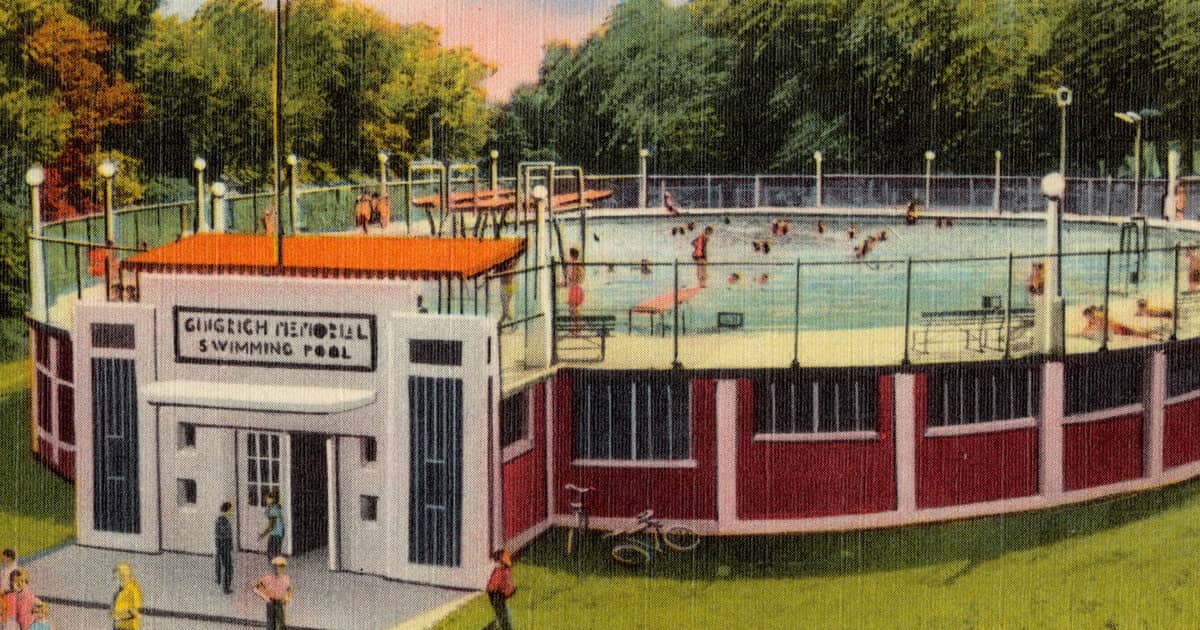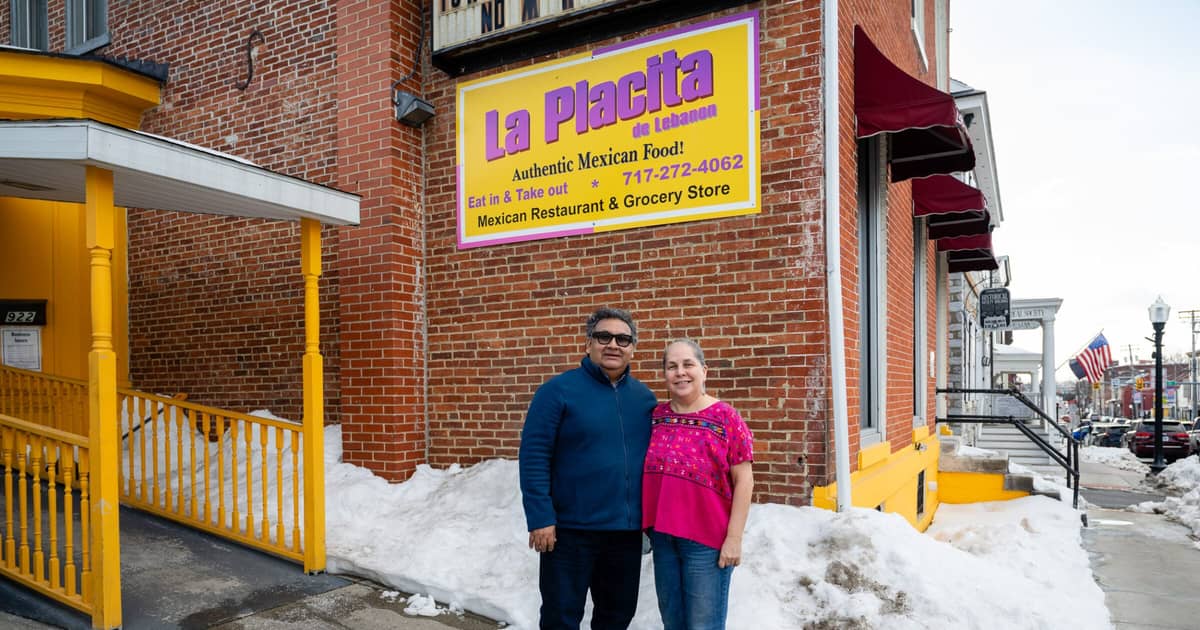Reducing current and future costs is something elected officials usually relish, often brag about, but last night’s City Council vote to demolish the city’s 80-year-old Gingrich Memorial Pool did not appear to be fun for anyone.
Following a step-by-step presentation by Mayor Sherry Capello that highlighted a crumbling facility, declining attendance, and ever-increasing repair, maintenance, and operating costs, council voted four to one to authorize the pool’s demolition. The lone “no” vote came from outgoing councilman Cornell Wilson.
Operating deficit, crumbling structure, attendance drop
According to the mayor, the pool, which last operated in 2017, piled up a nearly half million dollar operating deficit between 2007 and 2017.

An Oct. 2018 inspection by engineers hired by the city found concrete chunks in the office and main entrance areas that had fallen off ceilings and walls, exposed rebar caused by a leaky pool deck, and significant corrosion of steel nuts and bolts that could lead to flooding of the locker rooms.
Capello said that the above ground pool was built in 1940 at a cost of $67,000. Major renovations undertaken in 1986 and 2005 cost about $500,000 and $1,200,000, respectively. Since then, repairs have been made in 2014, 2015, 2016, and 2017, each costing at least $50,000.
In response to questions from Councilman Wilson, Capello said that the pool had been regularly repaired and upgraded throughout most of its life, and that its current problems do not result from ignored or deferred maintenance. “The pool is very old,” she said.
Wilson also asked whether the city had explored ways to increase revenue other than simply raising admission charges. Capello told him that the city had partnered with the YMCA and had rented the pool to the public for parties and events, “but we didn’t make a huge amount.”
She noted that declining attendance is not unique to municipal pools, pointing to the relatively recent closings of the Northeast, Iona, and Valley Beach private pools.
Capello said that the city has looked for grant money to fund the pool, but said the cost of a feasibility study would be about $100,000, and that the maximum potential grant would be $500,000.

Councilman Wiley Parker also pointed out that the city had looked at the problem of declining attendance by conducting focus groups at Lebanon High School to try to understand why young folks aren’t using the pool. “We talked to a whole bunch of kids who said why they weren’t using it. It wasn’t centrally located,” he said. “It wasn’t something that was on their radar.”
Cost comparisons: demolition v. renovation
Capello gave the council some estimated costs of various options:
- 2020 cost to demolish the pool – $230,000 to $300,000
- 2020 estimated cost to just replace the existing leaky pool and deck liners – $317,260
- 2020 estimated cost to replace the leaky pool and deck liners, replace the filter system, paint the lower level, re-point just the most deteriorated exterior brick walls, and repair the facade and main entrance – $688,220
- 2020 cost to build a modern in ground pool, depending on size and features – $1,200,000 and $3,000,000
Next year, Capello said, the city will have $300,000 to spend on the pool.
Reactions
The meeting room was full, but no member of the public spoke against the pool’s demolition.
Other than Wilson, who thought that more time should be allowed to look for other solutions, council members seemed sad but resigned.
“At some point we have to bite the bullet,” Parker said. “In 2018 we had public hearings and the sense then was the pool was beyond hope. It’s even worse now.”
Council chairman Wayne Carey agreed with Parker. “Even before [2018], when there were council meetings years before, we knew that we would be continuing to put 50, 60, 70 thousand dollars a year into it. It’s just outlived itself.”
Parker summed it up bluntly: “Unfortunately, it’s time.”
Possible replacements
Last night’s meeting began with a presentation by the Susquehanna Area Mountain Bike Association. SAMBA proposed the creation of a bike playground and track in Coleman Park that would be at or near the pool’s current location, and that would incorporate the park’s existing nature trail on a shared basis with pedestrians. It would serve young riders, not hardcore adult mountain bikers. “This will not be the X Games,” said SAMBA’s Nick Loftus.
SAMBA would construct and maintain the bike playground at no cost to the city. And because its surface would be dirt and gravel, not permanent, the area could easily be restored if the project isn’t a success. “It’s just dirt,” Loftus said. “If it doesn’t work, we’ll come back and regrade it.”
Loftus said SAMBA has erected a similar facility in Ephrata which is very popular.
Mayor Capello told council that she is exploring some sort of “splash pad” that would give kids a Coleman Memorial Park water attraction after the pool is gone. The cost to the city could be between $75,000 and $200,000, depending on its size and features.
Council took no action on either proposal.
























